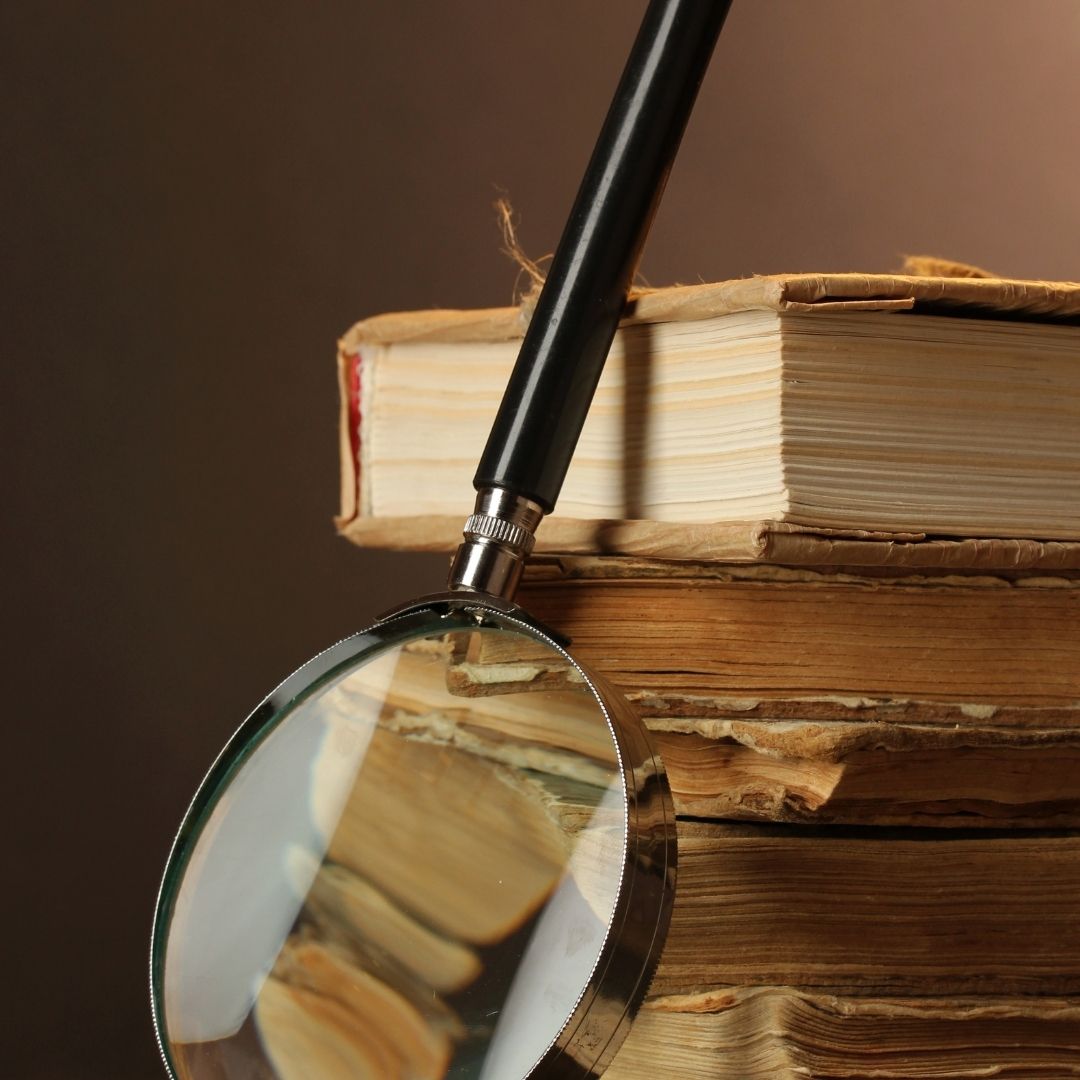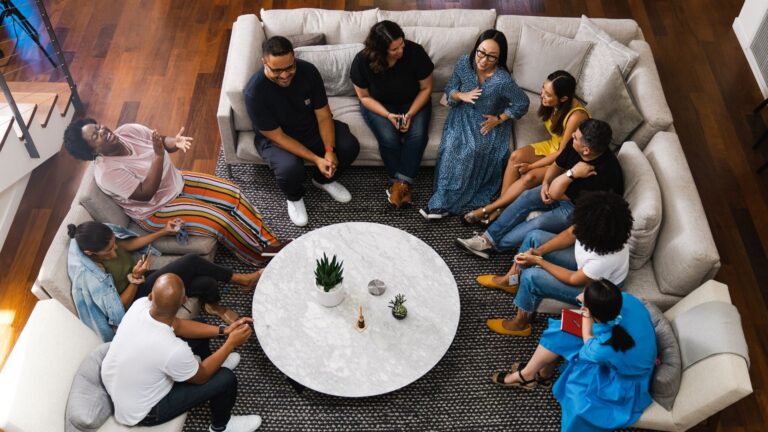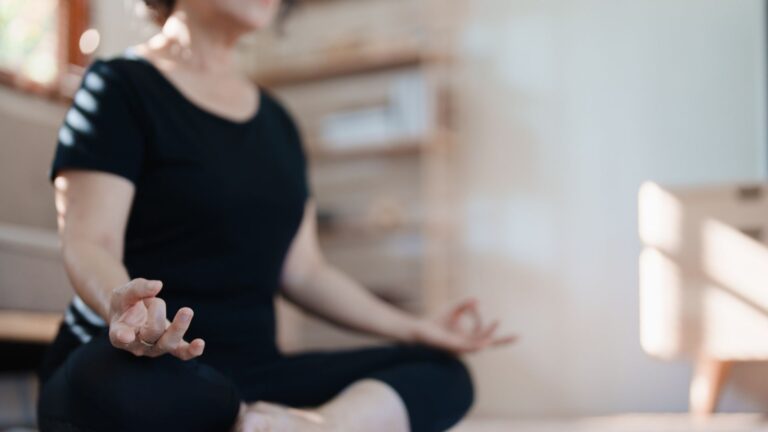A Fresh Approach to Addiction Recovery
The Refuge Recovery book has emerged as a groundbreaking resource in the addiction treatment field, offering a mindfulness-based path to sobriety that complements traditional approaches. This comprehensive guide explores how Noah Levine’s Buddhist-inspired program provides practical tools for those seeking freedom from addiction through meditation, self-inquiry, and community support.
At Ridgeline Recovery, we’ve witnessed how incorporating principles from the Recovery book can enhance traditional Addiction Treatment methods. This article will examine the key concepts, benefits, and practical applications of this transformative approach to Addiction Recovery.

Understanding the Refuge Recovery Philosophy
The Refuge Recovery book presents addiction as a symptom of deeper suffering rather than a moral failing. This perspective shift alone can be profoundly liberating for those struggling with substance use disorders. The program’s foundation rests on four key truths:
First, addiction creates suffering. The Recovery book helps readers recognize how substance use perpetuates cycles of pain rather than providing genuine relief. Second, craving is the root cause of addiction. The text provides mindfulness techniques to observe and release these cravings without acting on them.
Third, recovery is possible. The Recovery book offers a clear path to freedom from addiction through disciplined practice. Fourth, the path to recovery requires following a systematic process of healing. This structured approach makes the teachings accessible even to beginners.
Core Practices Outlined in the Refuge Recovery Book
Mindfulness Meditation
The Refuge Recovery book emphasizes daily meditation as the cornerstone of recovery. Unlike some programs that focus solely on abstinence, this approach builds the mental resilience needed to maintain sobriety. Readers learn specific techniques for observing cravings without reacting to them.
Moral Inventory
Similar to 4th step work in 12-step programs but with a Buddhist twist, the Refuge Recovery book guides users through a compassionate self-examination process. This helps identify patterns of harm while cultivating self-forgiveness.
Community Support
The Refuge Recovery book stresses the importance of sangha (community) in maintaining recovery. Local meetings provide accountability and shared wisdom that complements the book’s teachings.
Daily Reflections
The text includes thought-provoking prompts that help integrate recovery principles into everyday life. These work particularly well when combined with Free Addiction Worksheets for deeper exploration.
How Refuge Recovery Complements Traditional Treatment
While the Refuge Recovery book offers a complete program on its own, it works exceptionally well alongside professional treatment at centers like Ridgeline Recovery. The mindfulness practices enhance traditional therapies by:
Strengthening Emotional Regulation
Meditation techniques from the Recovery book help clients develop the pause between stimulus and response that’s crucial for lasting sobriety.
Reducing Cravings
The observational skills taught in the Refuge Recovery book provide practical tools for managing urges without using substances.
Building Self-Awareness
The program’s emphasis on honest self-assessment supports the therapeutic process in professional Addiction Treatment.

Special Considerations for Different Recovery Needs
For Those in Early Recovery
The Refuge Recovery book offers specific guidance for navigating the challenges of initial sobriety, including managing withdrawal symptoms and rebuilding Living in Balance.
For Dual Diagnosis Individuals
The mindfulness practices in the Recovery book can help manage anxiety and depression symptoms that often accompany addiction.
For Those With Financial Limitations
The Refuge Recovery book provides a complete program that can be practiced at minimal cost, making it accessible to clients of Rehab Facilities That Take Medicaid.
Implementing Refuge Recovery Principles in Daily Life
The true power of the Refuge Recovery book lies in its practical application. Here’s how to integrate its teachings:
Establishing a Meditation Practice
Start with just 5-10 minutes daily, using the simple techniques outlined in the Recovery book. Gradually increase duration as concentration improves.
Participating in Meetings
The Refuge Recovery book comes alive when discussed with others. Local meetings provide support and deepen understanding of the material.
Applying the Ethical Guidelines
The Recovery book’s emphasis on ethical living helps create stability in recovery. Small daily actions build momentum.
Combining With Other Tools
The program works well alongside Positive Affirmations for Recovery and other evidence-based practices.
Trivia: The Origins of Refuge Recovery
Noah Levine, author of the Refuge Recovery book, grew up immersed in both addiction and Buddhism. His father, Stephen Levine, was a renowned Buddhist teacher, while Noah struggled with substance abuse in his youth. This unique background allowed him to create a program that authentically bridges Eastern wisdom and Western recovery needs.

Frequently Asked Questions
Is Refuge Recovery a religious program?
While based on Buddhist principles, the Refuge Recovery book presents them in a secular, practical way accessible to people of all faiths or none.
How does Refuge Recovery differ from 12-step programs?
The Recovery book offers an alternative to the disease model, focusing instead on mindfulness and personal responsibility.
Can I practice Refuge Recovery without attending meetings?
While the Refuge Recovery book provides a complete program, meetings enhance the experience through community support.
How long does it take to see results?
Many report benefits within weeks, but the Recovery book emphasizes lifelong practice rather than quick fixes.
Taking the Next Step in Your Recovery Journey
The Refuge Recovery book offers a powerful path to healing, but some individuals benefit from professional guidance in implementing its principles. At Ridgeline Recovery, we integrate mindfulness practices with evidence-based therapies for comprehensive care.
Whether you’re just beginning your recovery journey or looking to deepen an existing practice, the Recovery book can provide valuable tools and insights. Contact us today to learn how our programs can help you apply these principles for lasting transformation.







